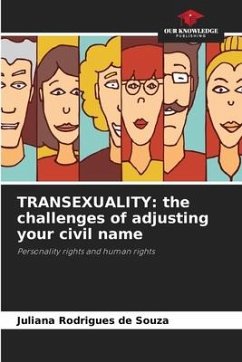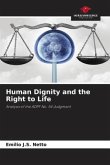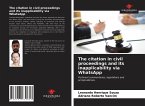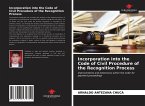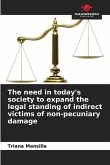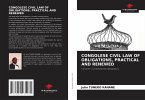The aim of the book is to analyse the possibility of changing the name on the civil register of transsexuals or people with gender dysphoria without the need for sex reassignment surgery, in order to achieve personality rights and the realisation of human rights. This book presents personality rights and the dignity of the human person, in order to understand the presuppositions of personality rights, especially the right to one's name and the right to one's body. It then goes on to analyse the civil identification of transsexuals, in order to provide an understanding of the conceptual aspects relating to sex, gender, gender identity and transsexuality. Transsexuality and name adjustment are demonstrated in order to understand the right to a name, the possibility of changing it and the right to sexual adjustment surgery from a legal perspective. Adjusting one's name without undergoing sex reassignment surgery guarantees personality rights and the realisation of human rights.
Bitte wählen Sie Ihr Anliegen aus.
Rechnungen
Retourenschein anfordern
Bestellstatus
Storno

